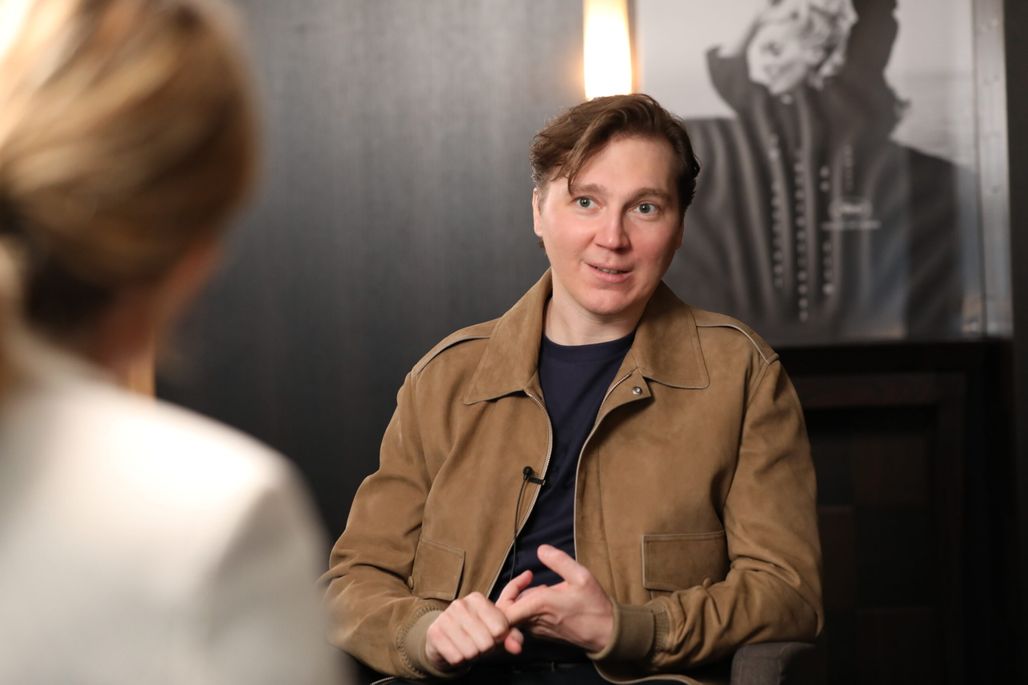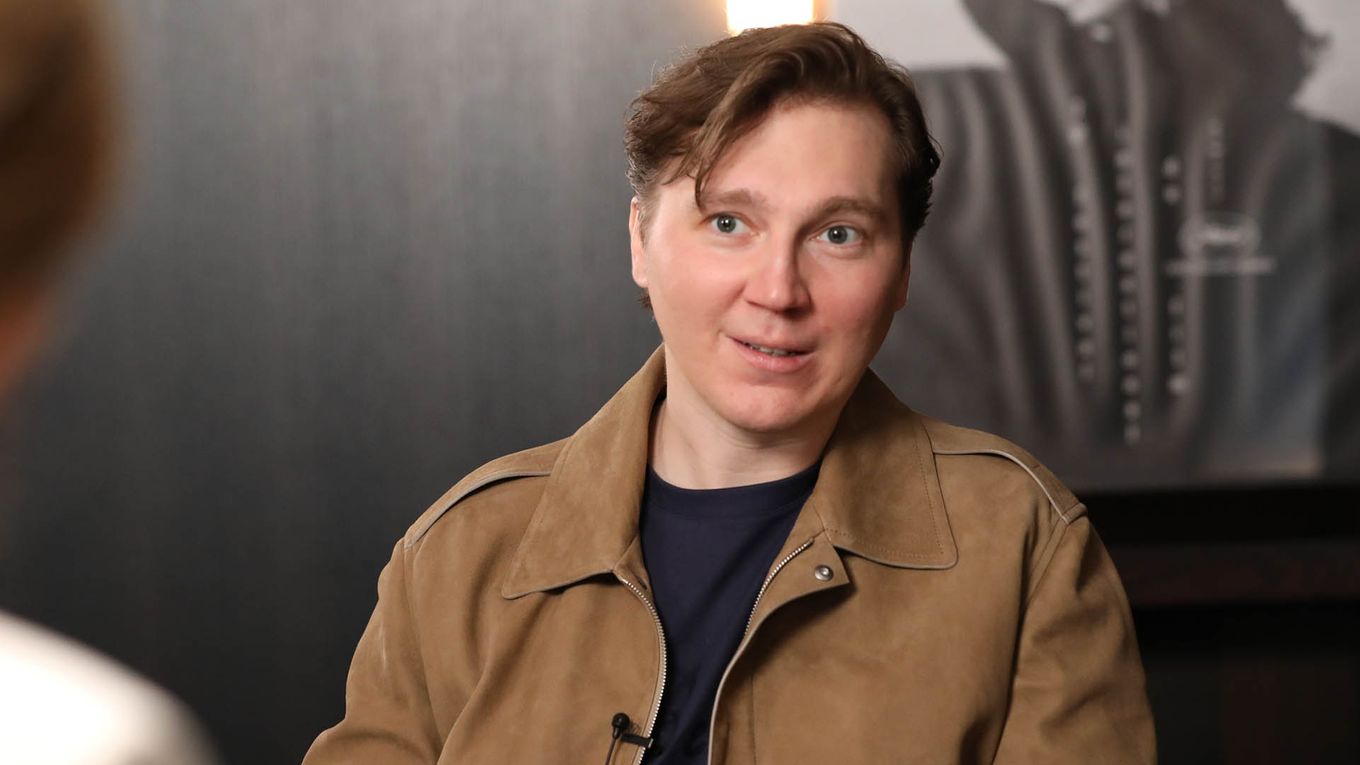
Meet Paul Dano, member of the Feature Film Jury

It all started in 2001 with Long Island Expressway, Michael Cuesta’s feature film in which he “did the groundwork for his acting and career“ after a remarkable stage debut in New York. Since then, film lovers have watched on as the talented Paul Dano has worked with Richard Linklater, Paul Thomas Anderson, Ang Lee, Kelly Reichardt and Steven Spielberg. We meet the American actor and member of the 76th edition’s Feature Film Jury.
When they think of you, many film buffs instantly think of your performance in The Girl Next Door (2004) by Luke Greenfield. How did that film shape the actor you are today?
The part of Klitz in The Girl Next Door was the first I got in Los Angeles. I was 18, and got a real kick out of becoming that character. I love that people still associate me with that film. Looking back, I think it was very representative of who I was at the time. I remember that during shooting I was chosen for the part of Thaddius in The Ballad of Jack and Rose (2005) by Rebecca Miller. I was going to be acting alongside Daniel Day-Lewis! So the experience was hugely important for me going forward. It gave me the confidence of knowing I could play very different characters and helped me believe in myself.
Then came Little Miss Sunshine…
… A role that was absolutely made for me, because I’ve never been a big talker! On set, I’ve always been fascinated by everything you can say without saying a word. I like the silences between words, the subtext layered under the dialogue, and Little Miss Sunshine was perfect for experiencing that. Out of all the films I’ve acted in, that’s the one that has had the greatest impact in popular culture. I realise now just how rare that is. That film found a place in viewers’ hearts that surprises me and makes me very happy.
Following on from that, which parts have emerged as being most key to your career and work as an actor?
All the characters I play add an extra layer to my acting, because each part requires a different type of engagement. Sometimes I have to learn the piano, or learn how the stock market works. Other times, I might have to take singing lessons, or learn a dialect. So I’m not sure I could confidently say that one part gave me an edge over any other. That said, in terms of learning experience, one of the most important parts was playing Brian Wilson in Love and Mercy (2014) by Bill Pohlad. Immersing myself in the world of music to that extent was pure bliss. The film experiences I liked the most have probably been the ones that left me with something I could take away from them, and Love and Mercy was clearly one of them.
“Getting behind the camera taught me to have more faith in my process as an actor.”
What inspires you to accept a part?
My decisions have always very much depended on my life stage, as well as the director, the script, the character, and how challenging it is. I always ask myself what I can bring to a film, and what the film can give me in return. And then when I’m preparing for a role, I work on the script a lot, I take on physical preparation if required. In a sense, I try and build the full character into my body.
Now that you’re a director, do you have a different perspective on the parts you’re offered?
I think that getting behind the camera taught me to have more faith in my process as an actor. Now I’ve tried out every facet of it, I’ve been on both sides of the mirror. I think it’s helped me be a little bolder and braver on set. Experiencing Wild Life (2018), my first feature film, made me even more aware of the importance of the finest details. And it’s shown me that actors have a lot to bring to a film.
The last time we saw you on screen was The Fabelmans (2022). What makes Steven Spielberg so unique?
I can’t really explain. Without a shadow of a doubt, he has something magical about him that’s all his own. He has his own unique way of seeing the world and transforming that vision into film magic. He really bared his soul with The Fabelmans. His father died about eight months before we first met, so this was a highly personal, highly emotional film for him. And there’s nothing better than hearing Steven say “cut, next scene!”. The way he says it is so unique! His magic lies in his intuition, he’s very instinctive and emtoionally intelligent. He literally oozes film.
Will you be back behind the camera any time soon?
I’m in the middle of writing at the moment, that’s the hardest part, it’s what takes me longest. So probably not next year, but maybe the year after, depending on my schedule. We’ll see. But I can’t wait, that’s for sure.



